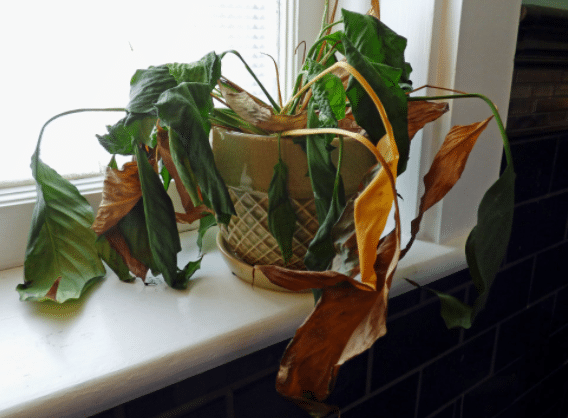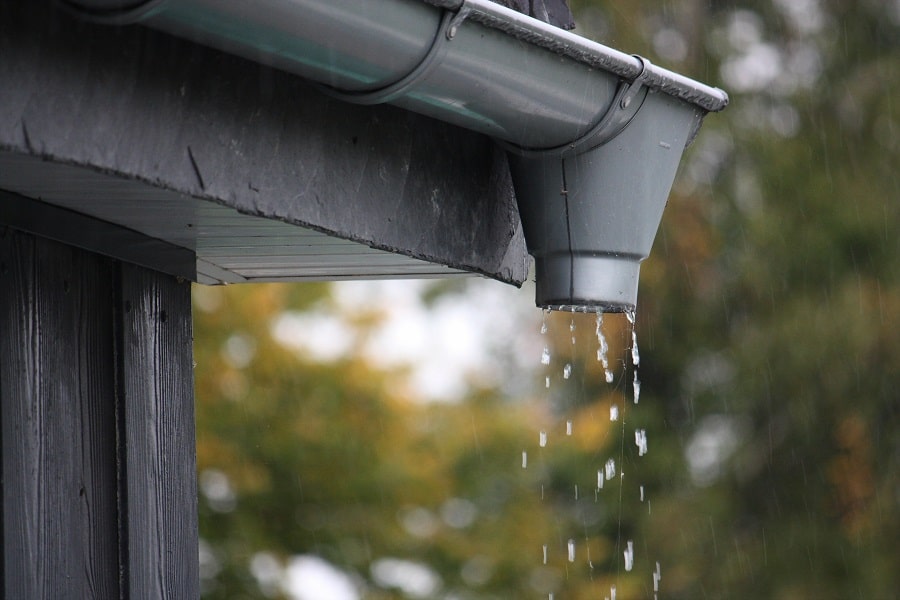One of the world’s cleanest fossil fuels is natural gas. It only emits water vapor, carbon dioxide, and an almost negligible amount of nitrogen oxide when it burns. Natural gas is used worldwide to power many consumer products, including fireplaces, furnaces, stoves, and clothes dryers. It would be quite right to say that at least one of the appliances at your home uses natural gas. When you use natural gas properly, it proves to be an efficient and safe source of power. As mentioned above, burning this gas does release some greenhouse gases. Yet, it is a cleaner solution than other fossil fuels
Natural gas, of course, is flammable, and having a gas leak at your house could result in a fire. But like all fuels, natural gas can be fatal if not handled properly. That is why you should know the signs if you have a gas leak and are aware of all the safety procedures you need to follow if that ever happens.
The American Gas Association stated that more than 177 million citizens in the US used natural gas for at least one appliance in their homes. Appliances or pipes which that use gas could sometimes develop leaks and cause harmful effects. Here are the signs by which you can identify a gas leak.
The Odor Of Rotten Eggs

In the natural state, natural gas has no odor or color. Most gas companies thus add odorants to natural gas. These chemicals add scent to the natural gas so that people can identify a gas leak. The substances or odorants emit a strong smell of Sulphur, similar to rotten eggs’ smell. If the scent is strong in your house, you can be sure that you have a gas leak.
Whistling Or Hissing Sounds

If there has been a large gas leak at your home, you will find pipes or any of your home appliances emitting loud hissing or whistling sounds even if the appliances are off. You should check your appliances and pipes regularly and be vigilant for any hissing sounds. If you ever hear such a sound, make sure you call 911 immediately.
Visible Air Bubbles Outside Your House

There is a good chance that there might be gas leaks from the underground piping of your house. In that case, you would see bubbles in standing water around your home or the mud or puddles near your home. These are signs the gas is spreading underground, into the top layer of soil and the air around your house.
Dying Or Dead Plants

If you take care of the plants in your house and your lawn or garden yet see them wilting or dying, you can take it as a sign of a gas leak inside or around your home. Plants tend to die or get stunted in case of a gas leak because natural gas does not allow the oxygen underground to pass into the roots of plants.
Without sufficient oxygen, plants start dying or wilting. You may also observe that the leaves of the plants or trees around your home are smaller and wilted. You might see patches of unhealthy, yellowish grass in your lawn, which would indicate a gas leak.
Physical Symptoms Of Poisoning By Natural Gas

If you are exposed to a gas leak, you will experience specific symptoms such as dizziness, headaches, fatigue, irregular breathing, and even nausea. These symptoms are generally the results of exposure to a lower level of natural gas. If you experience higher levels of gas, you might suffer from natural gas poisoning. In that case, you would have symptoms like loss of concentration, loss of consciousness, severe headaches, fatigue, memory problems, and suffocation. If you ever experience these symptoms, you must immediately contact a healthcare professional.
Larger Gas Bills

If you find that you are getting larger gas bills than usual, even if you are not using your furnaces or fireplaces often, it might mean that you have a gas leak somewhere in your house.
Safety Tips

As you know, prevention is always better than cure, so here are some tips that would help you prevent a gas leak in your home.
- You should regularly check and inspect all the devices and appliances that use gas. That is one of the first steps to ensure that you don’t have undesirable gas leaks. Before installing any new appliance in your home, you must thoroughly read the instruction manual for safe use. If you find anything wrong with the appliance, you should contact the manufacturer immediately.
- If you have children in the house, you must teach them the hazards of gas appliances and also spot the signs of a gas leak. That would prepare them better in case of a gas hazard.
- Lastly, but most importantly, you should install carbon monoxide and natural gas detectors around your house to alert you if ever you have a gas leak in your home.
Conclusion
Besides all the above safety measures and tips, you should also know how to shut off the natural gas in your house. Cutting off the supply of gas is very important if you want to prevent a hazardous gas leak, as that would prevent additional natural gas from leaking out. You should ensure that everyone in your home knows whether the shutoff valve is and learn how to use it if necessary. But even then, you should call 911 about a gas leak and prevent anyone from going inside the home.


